Swiss visit raises issue of aid to East Africa
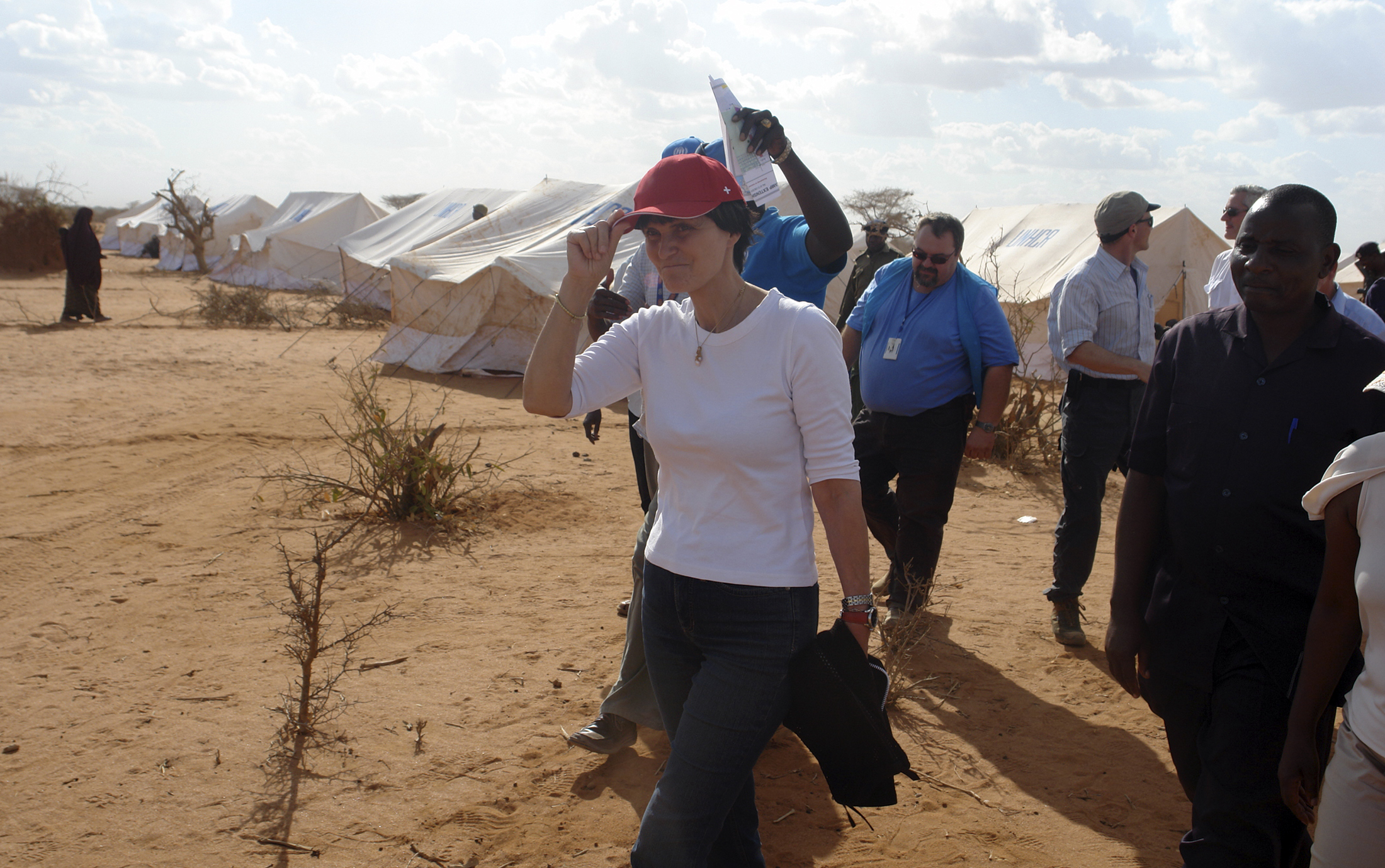
This week’s visit by Swiss President Micheline Calmy-Rey to famine-hit East Africa sends a strong signal to other countries and the public, in a senior expert’s view.
Interviewed by swissinfo.ch, François Nordmann, a policy advisor and retired Swiss diplomat, dismisses critics who accuse Calmy-Rey of staging the event for the media.
During her three-day trip to Kenya, Calmy-Rey visited the Daddab refugee camp, which houses an estimated 400,000 people, some 100 kilometres from the Somali border.
On Thursday she met Kenyan President Mwai Kibaki, who called on the international community to intervene over the drought and the Somalia security issue.
Calmy-Rey is the first president of a western country to travel to the disaster region in the Horn of Africa where up to 12 million people face starvation.
“More than 1,300 people arrive in the camp every day. Often they are in poor health and have no belongings,” she told Swiss television on Wednesday.
Calmy-Rey, who has visited other crisis regions in Africa during her nine years as Swiss foreign minister, said she was considering how Switzerland could boost its aid to Africa.
swissinfo.ch: How is such a visit seen by other governments?
François Nordmann: It is not only a strong signal to other countries but also to the wider public. As foreign minister Calmy-Rey is also in charge of Switzerland’s development and humanitarian aid.
Several international organisations, including the United Nations and the High Commissioner for Refugees are trying to mobilise countries to help alleviate the dramatic situation.
Calmy-Rey’s visit can only help raise awareness of the humanitarian disaster underway in the region.
swissinfo.ch: Does such a visit have a concrete impact on the organisation and provision of humanitarian aid?
F.N.: President Calmy-Rey put it like this: The visit was the chance to form an impression of the situation on the ground.
Switzerland has already contributed more than SFr14 million ($18 million) in aid for the victims of the crisis. The visit to the camp is perfectly legitimate because it allows an assessment of the impact of Swiss aid so far. It will also be helpful to organise it in the most efficient way possible.
swissinfo.ch: What is the likely impact on Switzerland’s foreign policy?
F.N.: She could decide to use her first-hand experience in talks with her counterparts from other countries and with the United Nations.
No doubt the crisis in Africa will be tabled for the next meeting of the UN General Assembly.
But the visit was also an opportunity to strengthen bilateral relations between Kenya and Switzerland.
swissinfo.ch: How justified is the criticism by rightwing politicians in Switzerland that the visit is a mere media stunt and the problem of immigrants from North Africa should be the political priority at home?
F.N.: It reminds me of the criticism levelled against the first visit by a Swiss foreign minister to the African continent back in 1979. The rightwing conservatives at the time argued the visit did not serve the economic interests of Switzerland and there were other political priorities.
It is the same kind of thinking by today’s political opponents. They resort to indirect criticism as it is difficult to come out openly against a humanitarian aid effort.
swissinfo.ch: To what extent does Calmy-Rey’s trip also have a domestic policy dimension in the run up to the parliamentary and cabinet elections later this year?
F.N.: I don’t think her diplomatic initiative will gain her extra votes in Switzerland. Calmy-Rey acted in her capacity as Swiss president and foreign minister in charge of development aid, not as a member of the Social Democratic Party.
Considering the amount of financial pledges made to the Swiss Broadcasting Corporation fundraising organisation, Swiss Solidarity, it seems that Swiss citizens share the humanitarian concerns of the Swiss president.
Somalia is at the heart of one of the worst humanitarian crises in the world today.
The region is facing its most severe drought in six decades and 20 years of conflict have uprooted a quarter of the country’s 7.5 million population.
Several regions of Somalia have been officially declared famine zones.
An estimated 100,000 people recently fled to the capital Mogadishu – a city ravaged by years of civil war and which is already housing some 370,000 internally-displaced people.
Aid efforts in Somalia are often hampered by armed militia, according to the UN.
In the first half of 2011, more than 83,000 people fled from Somalia to Kenya. In July alone, up to 40,000 refugees arrived in the camp of Dadaab – making it the largest centre of its kind in the world.
The UN Office for the Coordination of Humanitarian Affairs says more than $1.4 billion is needed to provide emergency assistance to victims of the drought in Somalia, Kenya, Ethiopia and Djibouti.
The foreign ministry is considering plans to extend humanitarian efforts in the drought-stricken Horn of Africa.
Micheline Calmy-Rey is seeking to focus on emergency aid for children and on long-term projects to improve living conditions for the people in southern Somalia.
Swiss aid is also aimed at the people in Kenya who live near the refugee camps, to ensure the supply of drinking water.
Two weeks ago Switzerland decided to increase its humanitarian aid in the Horn of Africa by SFr4.5 million. It has contributed a total of SFr14 million since the beginning of the year.
The public fundraising organisation, Swiss Solidarity, collected about SFr13 million ($16.8 million) for the victims of the famine in the Horn of Africa.
Three private Swiss charities are active in Somalia: Neue Wege in Somalia (New Ways in Somalia), Swisso-Kalmo and Hadia Medical Swiss-Somalia.
(Adapted from French by Urs Geiser)

In compliance with the JTI standards
More: SWI swissinfo.ch certified by the Journalism Trust Initiative

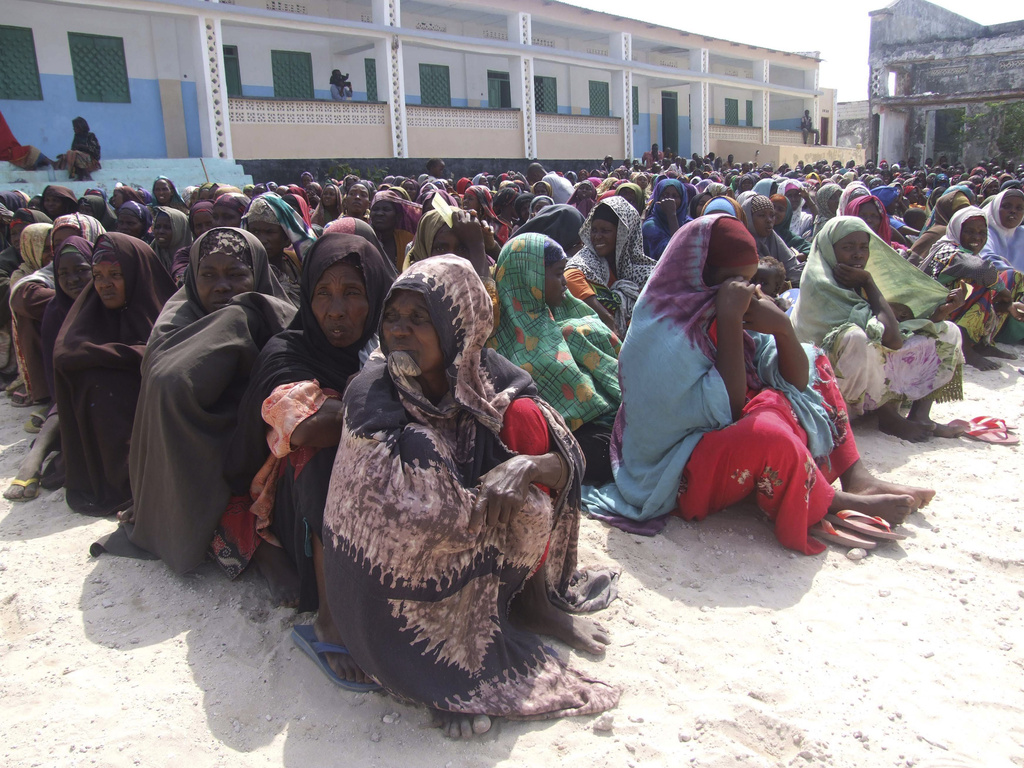
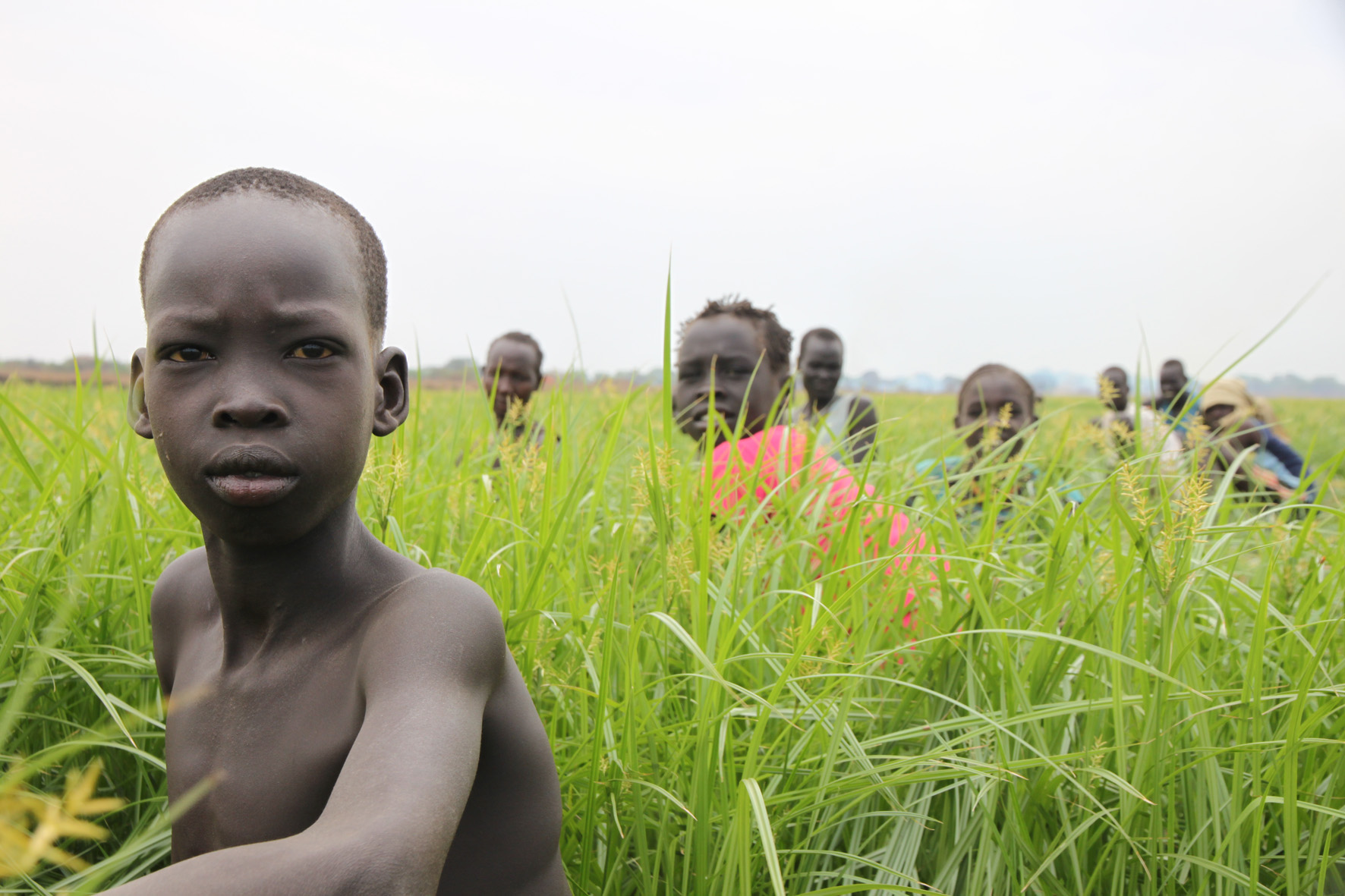
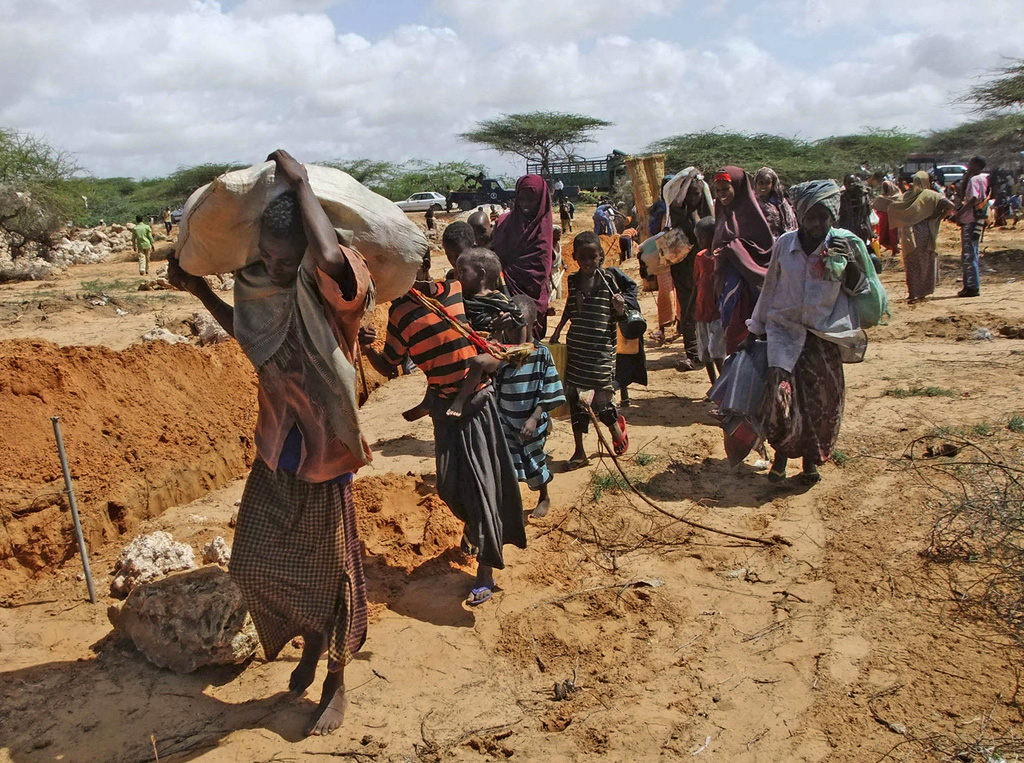
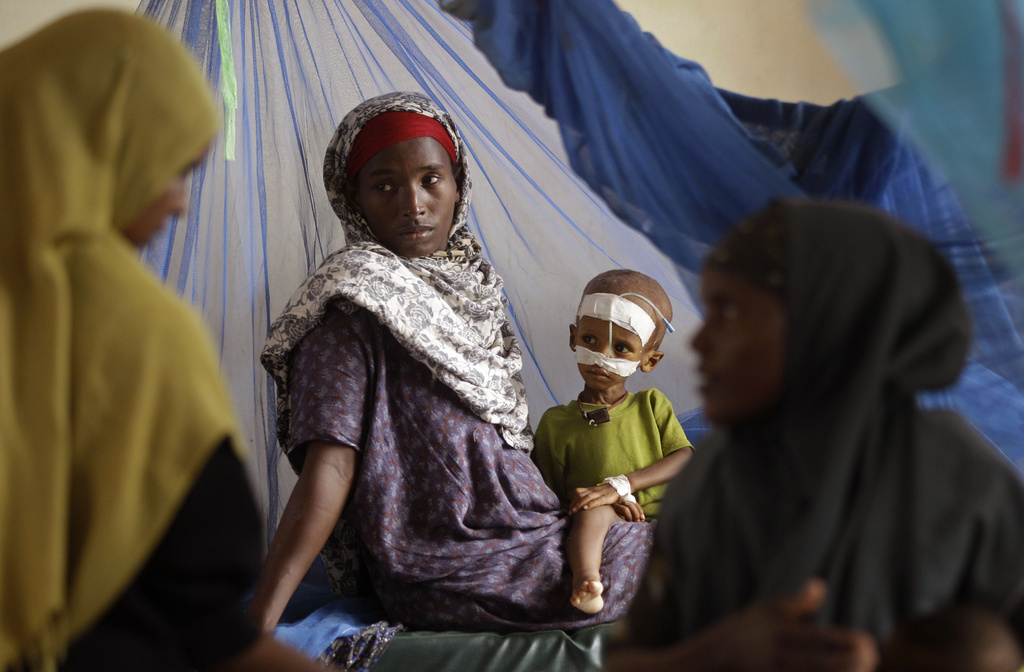
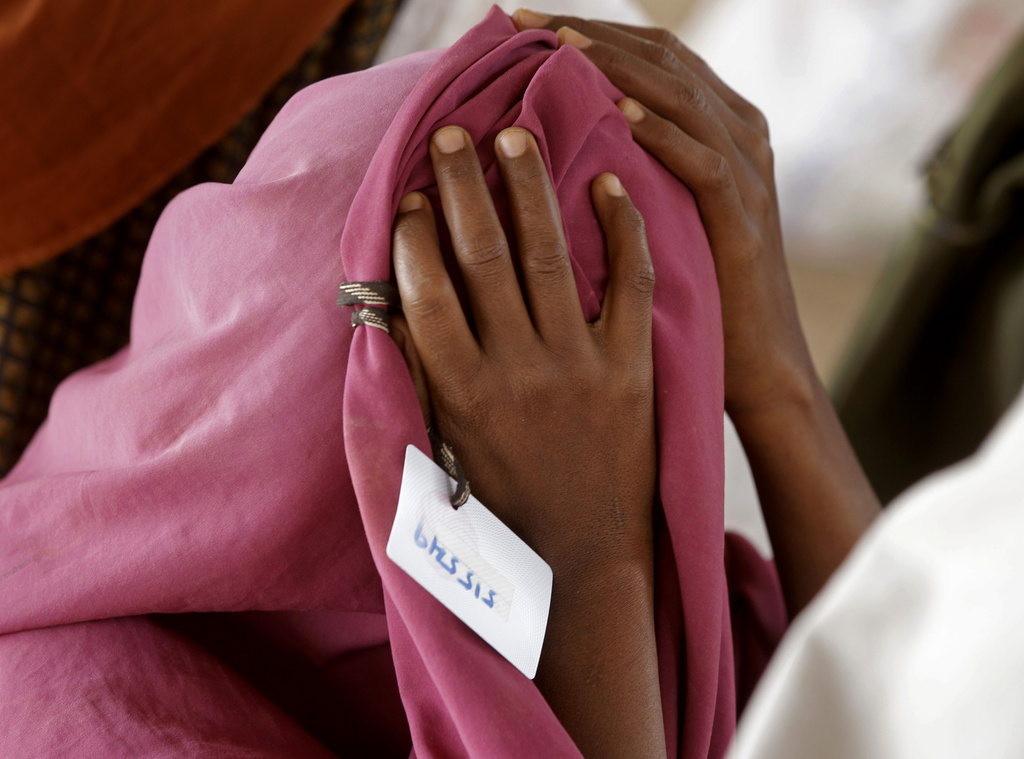
You can find an overview of ongoing debates with our journalists here. Please join us!
If you want to start a conversation about a topic raised in this article or want to report factual errors, email us at english@swissinfo.ch.